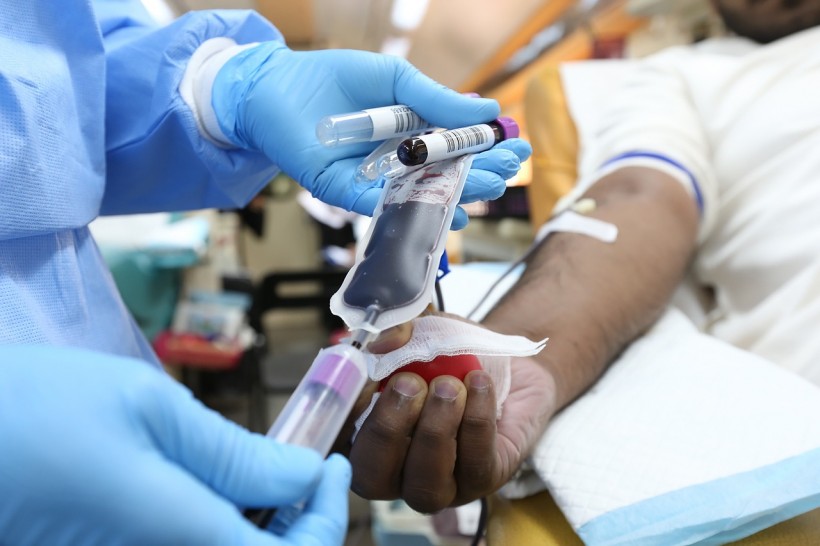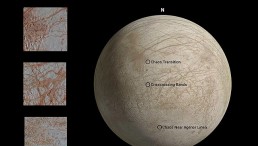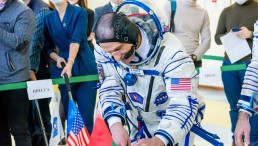Blood transfusion not only improves a person's health, but it can also save someone's life.
In the US alone, around 13.6 million units of blood are received each year. Although millions of successful blood donations are made annually, blood banks are always short in supply, especially when it comes to the universal donor type.
Demand for Donor Blood
In humans, the red blood cells contain particular complex sugar structures used as the basis for the four blood groups. Also known as antigens, these substances define the compatibility between donors and recipients for safe transfusion of blood. Donor blood is screened for disease markers before it is stored for up to 42 days.
The demand for donor blood is high because the elderly make up a larger proportion of the population, while more patients undergo blood-intensive medical procedures. If A or B blood types can be successfully converted into ABO universal donor blood, the logistics and costs related to storage of different blood types would be reduced. Aside from this, developing universal donor blood would lead to an increased supply of donor blood by reducing the waste of blood that approached its expiry date.
To make this possible, it would be necessary to remove the A and B antigens to create universal donor blood. Antigens can trigger life-threatening immune reactions when a non-matching blood type is transfused into the recipients.
Forty years ago, scientists introduced the idea of using enzymes to generate universal donor blood. This led to the discovery of higher efficiency enzymes that can remove the A and B antigens. However, experts cannot explain or abolish all immune reactions in the blood, so these enzymes are still not used in clinical practice.
READ ALSO: New Technique Could Make It Possible to Have Universal Organs for People of Any Blood Type
Making Blood Types Mutually Compatible
Researchers at the Technical University of Denmark and Lund University have taken a decisive step forward in their quest to create a universal donor blood. They discovered enzymes which, when combined with red blood cells, can remove specific sugars that make up the A and B antigens in the human blood groups. The results of their study are discussed in the paper "Akkermansia muciniphila exoglycosidases target extended blood group antigens to generate ABO-universal blood".
Led by Professor Maher Abou Hachem, the research team discovered new mixtures of enzymes from Akkermansia muciniphila. This human gut bacterium feeds by breaking down the mucus that protects the surface of the gastrointestinal tract. In this study, the scientists tested 24 enzymes which were used to process hundreds of blood samples.
It turns out that the complex sugars found at the surface of the gut have chemical resemblance with those found at the surface of blood cells. The bacteria which thrive on intestinal mucosa usually have tailor-made enzymes to break down sugar structures, including blood group ABO antigens.
The research team has applied for a patent on the newly discovered enzymes as well as the method for enzyme treatment, expecting to make progress over the next three and a half years. If successful, the enzyme will be tested in controlled human trials before being used for commercial production and clinical practice.
RELATED ARTICLE: Blood Type and Stroke Risk: Meta-Analysis Found Link Between the 2 Factors in People Under 60 Years Old
Check out more news and information on Blood Type in Science Times.



![Some Brain-Injured Patients Who Died After Life Support Was Withdrawn May Have Survived, Recovered Some Level of Independence 6 Months After Injury [Study]](https://1721181113.rsc.cdn77.org/data/thumbs/full/53613/89/56/50/40/some-brain-injured-patients-who-died-after-life-support-was-withdrawn-may-have-survived-recovered-some-level-of-independence-6-months-after-injury-study.jpg)











